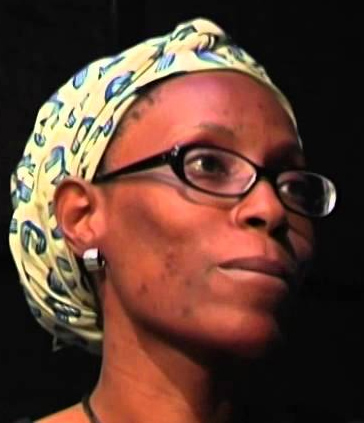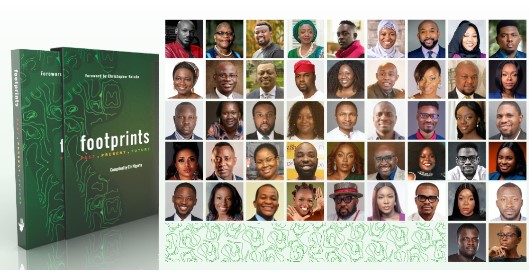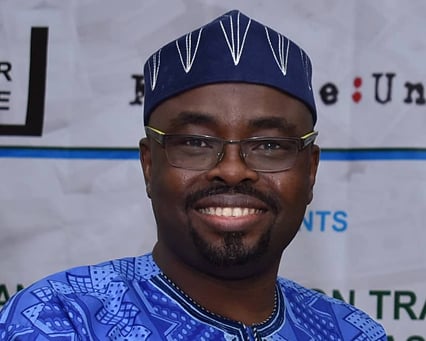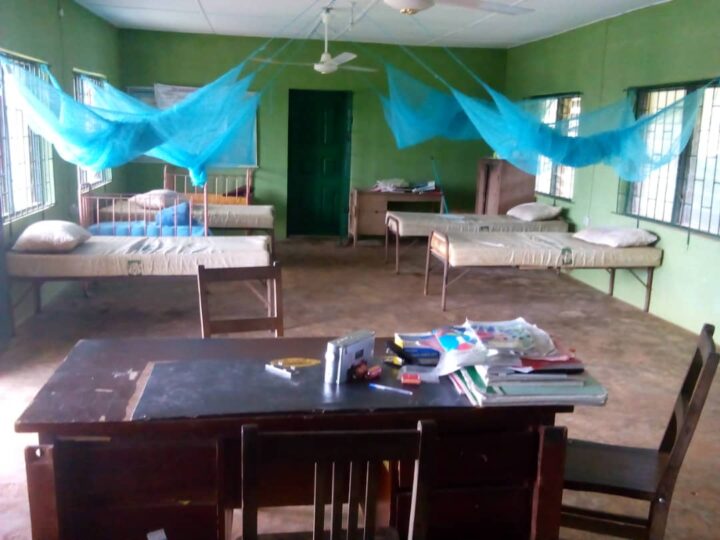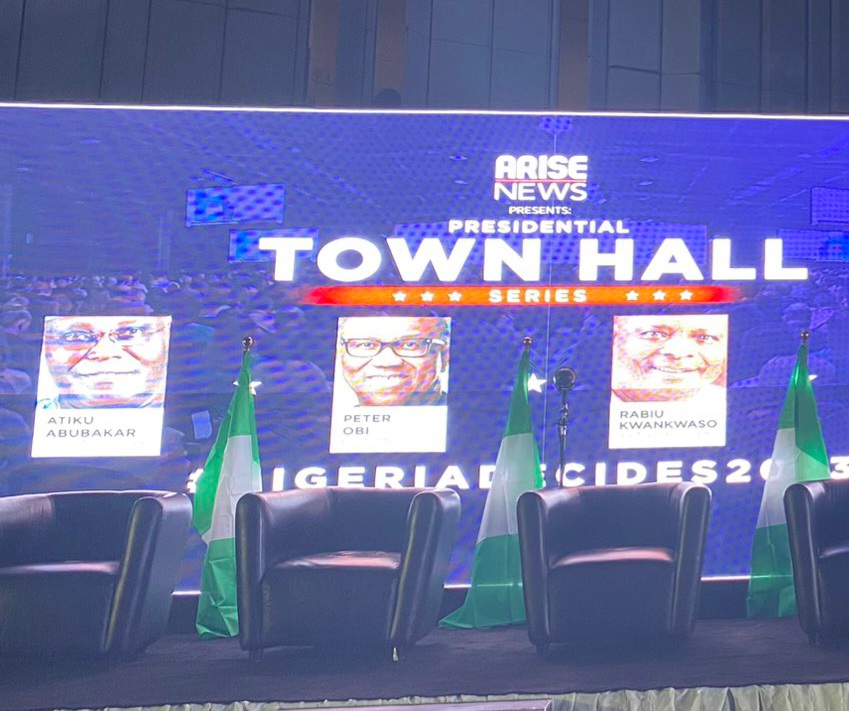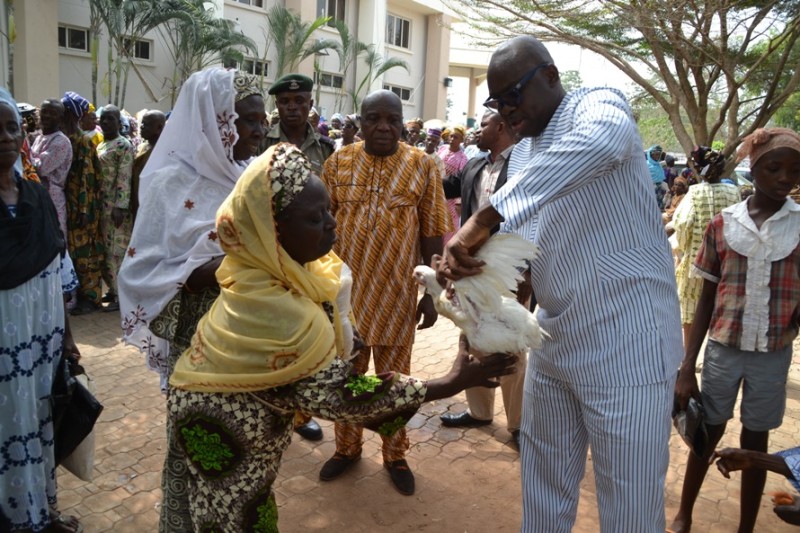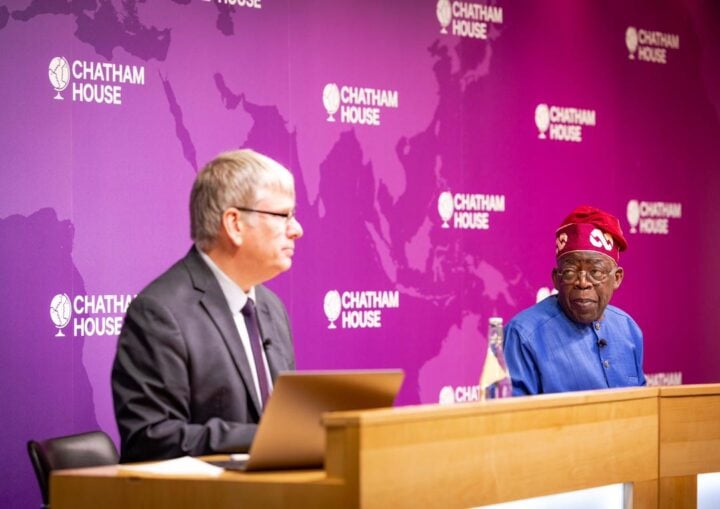“As I speak to you, the president’s people have finally given in to the constitution. But has anything really changed? Did those playing with our destinies understand the gravity of their actions? You and I know the answer to that. Just like you, guys, I have had enough. Enough, this time, is enough.”
On February 26, 2010, during the succession crisis in the Nigerian presidency, Chude Jideonwo sent an email titled, “Where is the outrage?” to about two dozen people. He declared: “Young people should be on the streets, showing their rage at how our future is being ruined”. The message would spark the first Enough is Enough protest in March 2010.
10 years later, in October 2020, a different generation had also had enough and they also took to the streets to protest police brutality — #EndSARS. They created the #5for5 demands; shut down a major expressway in Lagos; drew significant numbers in at least 10 states across the country and got decent numbers in various locations in the diaspora. They also got global attention and changed the dynamics of crowdfunding via crypto.
As we prepare for a general election when young people want to turn “protest to power”, it’s important to reflect on the lessons that have been learnt over the last 12 years. It was March 2010 and my friend, Bisola Edun, invited me to a protest in Abuja. It sounded like fun and I agreed to go with her. I had just finished my MBA, came back to Nigeria, and was completing my NYSC service year with a friend’s company that was doing some work on the upcoming 2011 elections.
Advertisement
The March 16, 2010 historic EiE protest in Abuja happened, followed by the protest to then Lagos state governor, Babatunde Fashola, on April 14. The name ‘Enough is Enough’ was one of the slogans of the Tunde Bakare-led Save Nigeria Group (SNG) protests of January 2010. Interestingly, their first protest in Abuja was on my birthday — January 12!
After the two protests, the coordinators and participants continued to meet to discuss what next — I had time to engage so I became the de-facto secretariat. The general sense was that we really couldn’t protest every time we are upset and expect things to shift. We then decided to focus on getting young people to channel their energy into participating in the electoral process – Register to vote | Select credible candidates | Vote and Protect their votes.
We opened an office in January 2011 with funding from Omidyar Network and the MacArthur Foundation. We hired a programme manager who resigned in February. Elections were in April and because I had spent the most time on the EiE Project, I agreed to oversee our activities through elections and we would then hire a new programme manager. 11 years later, I’m still here!
Advertisement
EiE’s story has become a reflection of my journey with Nigeria. I was born and raised in Ife. I grew up believing that anything was possible. Ife had two things – the university and the Ooni’s palace. Nevertheless, as campus kids, we believed we could do and become anything we wanted. University of Ife campus kids of a certain period is a veritable list of who is who in different sectors across Nigeria today. I grew up believing in Nigeria. My father was a professor of public administration so politics and governance were everyday conversations. My mother had an interesting life path – nurse, psychologist, counsellor, social worker. They both believed very much in Nigeria and Nigerians. My father went abroad for many years but was always clear that he would retire and move back to Nigeria. Two of his closest friends still live outside the country. My mother moved back to Nigeria to set up an old people’s home, clearly seeing the demand that we now have 20 years later. Sadly, she was murdered in a car-jacking.
I believe in Nigeria and Nigerians and I’ve spent the last 11 years telling Nigerians that we deserve better and we can do better. Have we made an impact – certainly! That’s why the theme of our 10th anniversary was #OnePerson – the simple idea that one person can and does make a difference; amplifying many examples to reinforce that narrative. Has the impact been enough – no. But it’s a journey and I am committed to it for as long as I breathe!
In 2019, as we prepared for EiE’s 10th anniversary in 2020, we thought it would be nice to document our story. We had done videos for our fundraising dinners in 2014 and 2018, but we thought a book would be a nice record of the EiE Story. It was a plan we had for our 5th anniversary in 2015 but we couldn’t execute. As we talked about it, we decided we didn’t want a chronology of events, but a more reflective take on EiE’s activities and our impact on civil society in Nigeria and the larger democratic space. The ideas coalesced around a chapter for each year written by people who have been part of our journey – founding members, supporters, partners and funders.
We gave the book the title Footprints with the subtitle – Past. Present. Future – as an ode to how we see the EiE story and its impact. The book was to be launched in Q3 or Q4 2020. COVID-19 hit in March and put our plans on hold.
Advertisement
It’s now 2022 and the story has been told. On Monday, December 12th, there’ll be a public presentation of our book telling the EiE Story through our words, some of our work and the reflections of our friends. One of the significant things that has happened since EiE started that I’m really glad we could capture in this book is the #EndSARS protests. In 2019 as we planned our anniversary, we thought it would be great to organise another protest since we started from a protest and we still had poor governance outcomes. However, we knew very clearly that without a trigger, it will not have the impact that we wanted in terms of numbers. Therefore, when #EndSARS happened, my colleagues and I were quite excited that we got the birthday protest we wanted! Chude Jideonwo wrote the email that got the Enough is Enough movement started and he graciously agreed to write the postscript reflecting on the 2020 #EndSARS protests relative to previous protests, especially our beginnings with the 2010 Enough is Enough protests.
It has been a rough road leading an organisation that wasn’t planned and in some ways didn’t have “owners”. The founding members allowed me to run with it and figure things out as they led their own organisations. While I was grateful for the vote of confidence, it was also a very lonely journey as I didn’t know what I was doing half the time. It was very fluid and I kind of got stuck trying to make sense of the organisation; trying to give it life and figure out what to do as initial advocates focused on entrepreneurship or joined partisan politics. I didn’t expect to be here this long but for our 5th anniversary when we hit on the “Office of the Citizen”, I knew I had found something I could run with. EiE then became a platform where I could use my voice and talk about the Nigeria that I wanted to leave for my children. I went from being stuck on what to do, to execution. We realised that the shift that we want to see, either from the perspective of elections or from the perspective of citizens’ engagement had to come from citizens who understand their rights and responsibility.
In figuring all this out, we lost time and funding opportunities. I had a personal challenge that made me inactive for about 6 months in 2017; and in 2018, a key Team member exited. Nevertheless, our structure and processes have gotten better and I’m looking forward to what EiE will become in the next 10 years as we consolidate our programs to deepen our impact. Through it all, it has been a privilege to lead an incredible team of young Nigerians who have sacrificed greatly for this country over the last 12 years. History will be kind to us; of that, I am sure.
God bless us and God bless the Federal Republic of Nigeria!
Advertisement
Adamolekun is the pioneer executive director of Enough is Enough Nigeria (EiE Nigeria). She has an MSc in Development Studies from the London School of Economics (LSE) and an MBA from Oxford University’s Said Business School. This is an excerpt of her introduction to the book referenced that will be presented on Monday, December 12.
Advertisement
Views expressed by contributors are strictly personal and not of TheCable.
Add a comment
